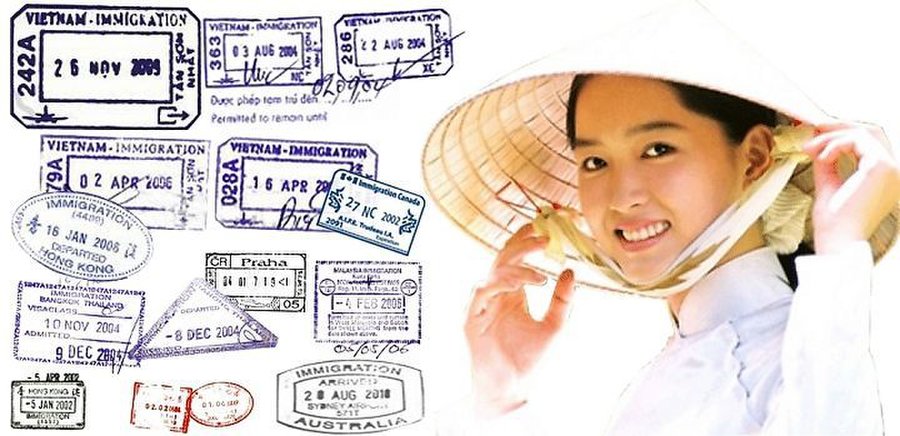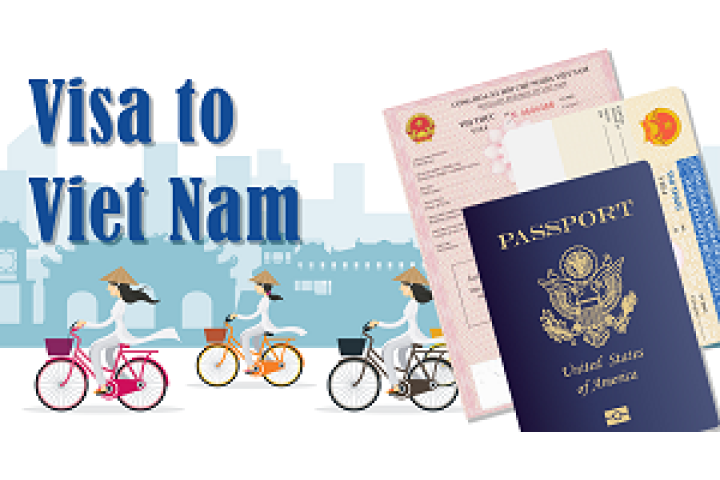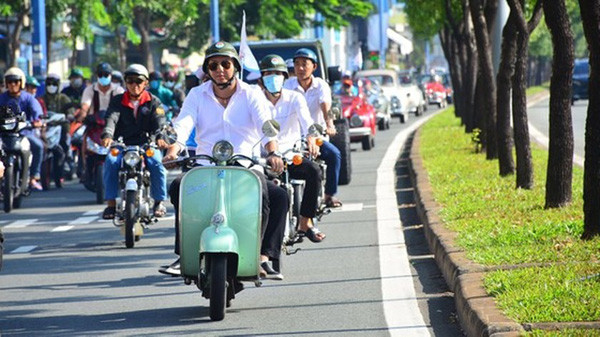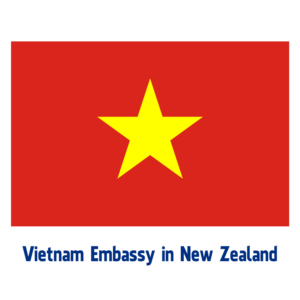
2023 Guide to Vietnam Visa Exemption Everything You Need to Know
Are you planning a trip to Vietnam, wondering if you need a visa to enter the country. You may be surprised to learn that many travelers can enter Vietnam without a visa. In this comprehensive guide, we will cover everything you need to know about Vietnam’s visa exemption policy, including who is eligible, what the requirements are, and how to obtain entry.

Who Can Benefit from Vietnam’s Visa Exemption Policy?
Vietnam has established visa-free entry for citizens of selected countries to promote tourism and business. The list currently includes more than 20 countries, including Japan, South Korea, Russia, Norway, and Sweden.
List of Countries that are Eligible for Visa Exemption to Vietnam:
-
Vietnam Visa Exemption countries
As of January 2022, regular passport holders of 25 countries DO NOT need a visa for Vietnam. Here is the full list of Vietnam visa-free countries:
No. Country Maximum visa-free duration Applicable purpose of visit (if any) 1 Chile 90 days Entries that do not include remunerated activities 2 Panama 90 days Entries that do not include remunerated activities 3 Cambodia 30 days Not mentioned 4 Indonesia 30 days Not mentioned 5 Kyrgyzstan 30 days Not mentioned 6 Laos 30 days Not mentioned 7 Malaysia 30 days Tourism, attending press, conference/coverage, official duty, visiting relatives, business negotiation, investment, sports, or attending seminars or conferences 8 Singapore 30 days Entries that do not include remunerated activities 9 Thailand 30 days Not mentioned 10 Philippines 21 days Not mentioned 11 Brunei 14 days Not mentioned 12 Myanmar 14 days Visiting only 13 Belarus 15 days Not mentioned 14 Denmark 15 days Not mentioned 15 Finland 15 days Not mentioned 13 France 15 days Not mentioned 17 Germany 15 days Not mentioned 18 Italy 15 days Not mentioned 19 Japan 15 days Not mentioned 20 Norway 15 days Not mentioned 21 Russia 15 days Not mentioned 22 South Korea 15 days Not mentioned 23 Spain 15 days Not mentioned 24 Sweden 15 days Not mentioned 25 United Kingdom (Not applicable to BNO) 15 days Not mentioned Important notes regarding Vietnam visa exemption:
- The 30-day interval between 02 stays with visa exemption has been removed in accordance with the new law on entry, exit, transit, and residence of foreigners in Vietnam which takes effect on July 1, 2020.
- British National Overseas (BNO) passport holders are not eligible for the 15-day Vietnam visa exemption. So, they need to apply for a visa to visit Vietnam.
- Visa exemption includes visa exemption for entry, exit, and transit.
- The visa-free stay period is counted from the date of entry.
The above information about the Vietnam visa exemption (updated on March 15, 2021) is provided for informational purposes only, please double-check with the official authorities in your current country before departure.
What is Vietnam’s Visa Exemption Policy?
Vietnam’s visa exemption policy allows citizens of certain countries to enter Vietnam without obtaining a visa in advance. Travelers may enter Vietnam for up to 15 days (for some countries, it’s up to 30 days) with a passport that is valid for at least six months beyond their arrival date.
Requirements for Vietnam’s Visa Exemption:
- Hold a passport with at least six months of validity remaining
- Intend to stay in Vietnam for no more than 15 days (or as specified for the country)
- Have a return or onward ticket

When to Use Vietnam’s Visa Exemption Policy?
The visa exemption policy is ideal for people who want to travel to Vietnam for a short period, such as for tourism or business. Travelers who are ineligible for visa exemption can apply for a visa at the Vietnamese embassy/consulate in their country of residence or obtain a visa on arrival.
How to Enter Vietnam with Visa Exemption?
Entering Vietnam with visa exemption is straightforward, and travelers can enter through one of Vietnam’s international airports, land crossings, or seaports. Upon arrival, all visitors must complete the immigration form, provide supporting documents (if applicable) and have their passport stamped by the immigration officer.
Step-by-Step Guide to Entering Vietnam with Visa Exemption:
- Check that your country is eligible for visa exemption
- Ensure that your passport has at least six months of validity remaining
- Book your flight to one of Vietnam’s international airports
- Complete the immigration form upon arrival
- Have your passport stamped by the immigration officer
Pros and Cons of Using Vietnam’s Visa Exemption Policy
As with any policy, there are pros and cons to Vietnam’s visa exemption policy. Here are some of the advantages and disadvantages to consider:
Pros:
- No need to apply for a visa in advance
- Save time and money on visa application fees
- Ideal for short-term stays in Vietnam
- Promotes tourism and business
Cons:
- Limited stay duration (up to 15 days)
- Not available to citizens of all countries
- Travelers must still meet entry requirements
- Can’t be extended or changed to another visa type
Alternatives to Vietnam’s Visa Exemption Policy
If you’re not eligible for Vietnam’s visa exemption policy or want to stay longer than 15 days, there are several alternative visa options available:
- Apply for a visa at a Vietnamese embassy/consulate in your home country
- Obtain a visa on arrival through a travel agent or online service
- Apply for an e-visa online
-

Comparison of Vietnam’s Visa Options
To help you decide which visa option is best for your needs, we’ve created a comparison chart below:
| Visa Exemption | Visa on Arrival | E-Visa | Embassy/Consulate Visa | |
|---|---|---|---|---|
| Duration | Up to 15 days | Up to 90 days | Up to 30 days | Depends on embassy/consulate |
| Application | None required | Online or through travel agent | Online | In-person at embassy/consulate |
| Availability | Limited to certain countries | Available to all nationalities | Available to most nationalities | Available to all nationalities |
| Fees | No fee | Varies by agent and nationality | $25 | Varies by embassy/consulate |
Tips for Using Vietnam’s Visa Exemption Policy
If you’re planning to use Vietnam’s visa exemption policy, there are some tips you should keep in mind to avoid any issues:
- Ensure that your passport is valid for at least six months beyond your arrival date
- Have a return oronward ticket to prove your intention to leave Vietnam within the allowed time frame
- Double-check the list of eligible countries for visa exemption before booking your trip
- Print out a copy of your accommodation and travel itinerary in case immigration officers request proof of your stay in Vietnam
The Best Way to Enter Vietnam: Conclusion
In conclusion, Vietnam’s visa exemption policy is an excellent option for travelers who plan to stay in Vietnam for up to 15 days and are citizens of eligible countries. However, if you’re not eligible for visa exemption or wish to stay longer, there are various alternatives available, including visa on arrival, e-visa, or applying for a visa at a Vietnamese embassy/consulate.
Regardless of the visa option you choose, it’s essential to have all necessary documentation and meet entry requirements to avoid any issues upon arrival in Vietnam. By following our guide and tips, you’ll be well-prepared for your trip to Vietnam.

FAQs (Frequently Asked Questions)
- Can I enter Vietnam without a visa? Yes, if you’re a citizen of one of the countries on the visa exemption list and meet the entry requirements.
- Can I stay in Vietnam for more than 15 days with a visa exemption? No, the maximum stay duration for travelers using visa exemption is 15 days (or as specified for their country).
- Can I extend my visa exemption in Vietnam? No, visa exemption cannot be extended or changed to another visa type.
- Can I get a visa on arrival in Vietnam? Yes, travelers can obtain a visa on arrival through a travel agent or online service.
- How much does a Vietnamese visa cost? The cost of a Vietnamese visa varies depending on the type of visa, nationality, and application method.
More info: https://vietnamembassy-newzealand.org/vietnam-visa-from-australia/

